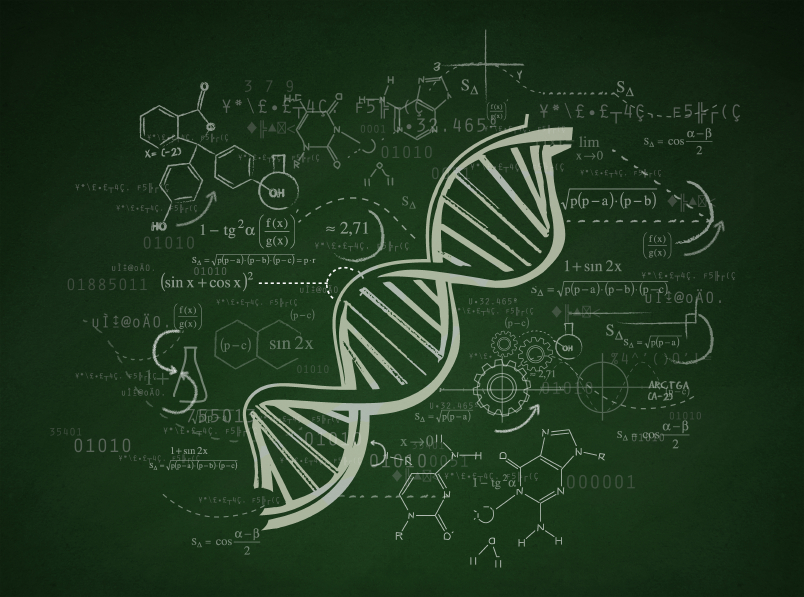An article published on Tuesday in the Nature communications journal recounts the work of an international team of scientists [1] on Duchenne muscular dystrophy. They “succeeded in restoring muscular strength in dogs suffering from Duchenne muscular dystrophy and in stabilising symptoms”, thus proving the safety and efficacy of the gene therapy.
Duchenne muscular dystrophy is a rare, progressive genetic disorder that affects 1 boy in 3,500. It is “associated with anomalies of the DMD gene, which produces dystrophin – an essential protein for healthy muscle function”. This gene, which is one of the largest in human genome sequencing, cannot be inserted in a viral carrier, “as is usually the case with gene therapy”. Scientists therefore developed “a gene therapy medicine combining a viral carrier (…) and a shortened version of the dystrophin gene”. Injected via the intravenous route in 12 dogs naturally suffering from Duchenne muscular dystrophy, this medicinal product triggered dystrophin production and “significantly restored muscle function, stabilising clinical symptoms observed more than two years post-treatment”. Scientists have not witnessed any side effects and no immunosuppressant therapy was required. A human clinical trial could now be envisaged.
[1] Grouping together teams from Généthon, AFM-Téléthon Laboratory, Inserm, and London University (Royal Holloway)
Presse Inserm (25/07/2017) ; AFP (25/07/2017)

